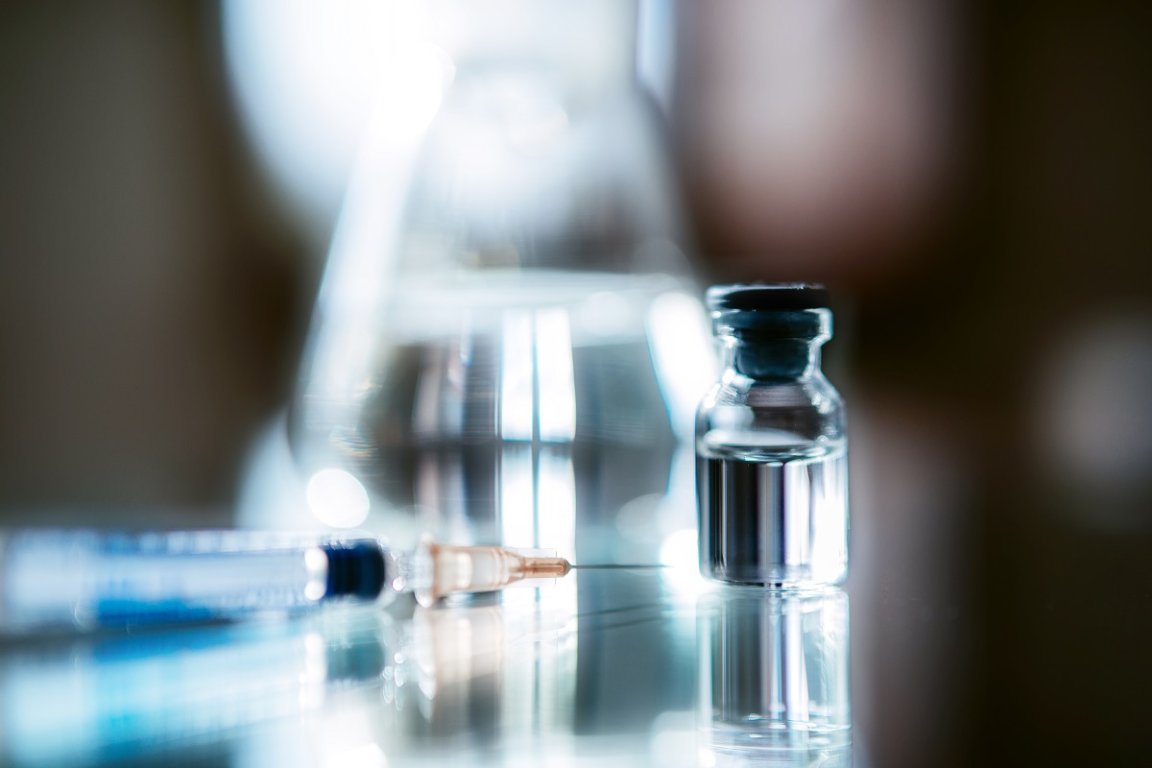
A woman with Type 1 diabetes who was treated with her own stem cells subsequently started producing insulin on her own, making her the first person with this type of diabetes to reverse her condition using this new treatment.
A team of researchers in China detail the treatment in a new study published in the journal Cell, showing that there could be a not-so-distant future in which diabetics no longer need to rely on insulin to survive.
The 25-year-old Chinese woman at the center of the study told Nature, which first flagged the research, that getting her own reprogrammed stem cells opened up more foods she could eat.
“I can eat sugar now,” the woman, who chose to remain unnamed, told Nature. “I enjoy eating everything — especially hotpot.”
The researchers first took adult cells from three people with Type 1 diabetes, including the woman featured in the study, and coaxed them back into stem cells, which have the potential to transform into any type of cell or tissue inside the body.
They then exposed the stem cells to a small batch of chemicals that reprogrammed them into becoming islet cells, which are important cells in the pancreas that make insulin.
In the final step, they cultured about 1.5 million islets and placed them inside the woman’s stomach muscles in a procedure in June 2023.
In previous experiments, doctors had placed transplanted islet cells in the liver, but they can’t be observed there with medical imaging tools. For this particular study, researchers chose her abdomen as the transplant site so they could closely monitor how the islets were received by her body using magnetic resonance imaging (MRI).
In less than three months, the woman didn’t need insulin injections anymore because her body was producing the much-needed hormone on its own. A year after the transplant, the researchers say, it’s as if she was never diabetic, with her blood glucose level remaining normal with no need for insulin shots.
The two other subjects who were part of the study are also experiencing “positive” results, according to Deng Hongkui, a Peking University biologist and one of the study authors, who spoke to Nature. If all goes well, Hongkui said the clinical trial will admit more people as test subjects.
The study and the results are a stunning achievement, capping off years of research investigating human stem cells and their potential to treat intractable conditions like diabetes.
In a similar study published earlier this year, a separate group of researchers in China also used reprogrammed stem cells, this time from a man with Type 2 diabetes. They transformed them into insulin-making islets and transplanted them into his liver.
Because of the treatment, he stopped taking insulin and doesn’t need immunosuppressive drugs for the islet transplant.
There have been previous experiments with injecting stem cell-derived islets into diabetics, but the stem cells didn’t come from the patient’s own body, hence requiring the use of immunosuppressant drugs.
The woman at the center of this new stem cell study already takes immunosuppressant drugs for an existing liver transplant, so it’s only a theoretical possibility that her body wouldn’t reject her own stem cell-derived islet cells.
More research remains to be done, such as following up with this woman in several years to see if if her islets are still producing insulin, University of Miami diabetes researcher Jay Skyler told Nature.
But if the results do hold up, the impact for diabetics could be immense.
More on diabetes: Scientists Develop “Smart” Insulin That Can Respond to Blood Sugar Level Changes in Real Time